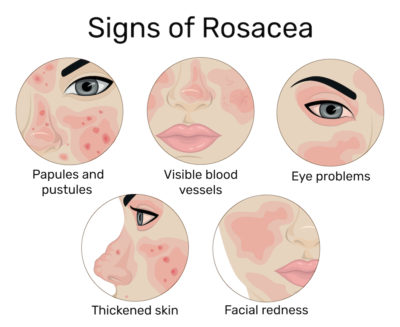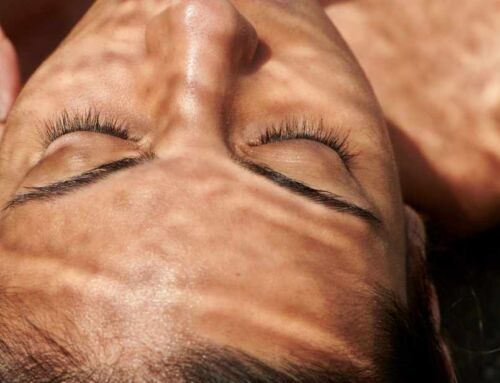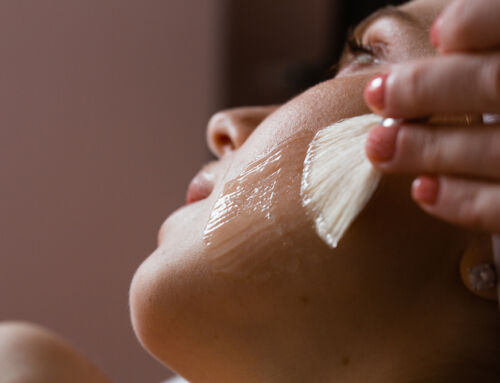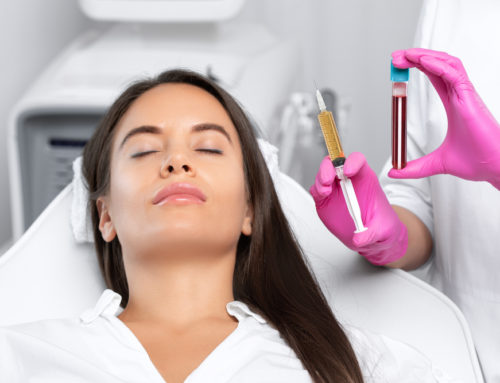Patients often come to me complaining of “red splotches” and are frustrated because they do not know what’s going on with their skin. The diagnosis is many times rosacea and this almost always comes as news to patients. Most say they thought they just had acne or very sensitive skin.
While rosacea is a chronic skin condition, lifestyle changes and medical treatments can improve the symptoms.
What exactly is rosacea?
It may be transient, recurrent or persistent and is characterized by frequent flushing or blushing, red face due to persistent redness, prominent blood vessels (telangiectasia), dry and flaking skin, red bumps (papules and pustules), swelling (edema), aggravation to sun exposure and other triggers (i.e. spicy foods, alcohol, emotional stress) and enlarged nose.
Rosacea presents in the following stages:
– Stage I is the general redness and flushness on the cheeks, nose, and central face.
– Stage II is the addition of papules or pustules, and is referred to as acne rosacea.
– Stage III includes the changes associated with long standing rosacea, namely a larger nose or chin.
– Stage IV involves inflammation of the eyelid margin (blepharitis) and the formation of styes.

What can you do at home?
– Discontinue use of oil-based creams and make the switch to water-based makeup. Bare Minerals Original Foundation, Jane Iredale PurePressed Base Mineral Foundation and Dermablend are great to fight the flush.
– Get in the habit of applying a broad spectrum SPF 30+ daily. Medical grade SPF products range from $26-$140 in our office and offer both tinted and un-tinted options.
– Refrain from using topical steroids. While it is tempting to reach for hydrocortisone cream to stop the irritation, it will only offer temporary relief and actually worsens rosacea with time.
– Identify your triggers and limit them from your routine. The most common factors include exposure to heat, sunlight, extreme cold, exercise, stress, and alcohol consumption.
What can I do for you in our Nashville, TN office?
– If you are diagnosed with stage I rosacea, treatment may include topical antibiotics and/or antiparasitics and cosmetic lasers.
– An oral low-dose antibiotic (i.e. Oracea) is often added to stage I and stage II
– IPL laser treatments work very well l in treating all stages and are frequently the only acceptable cosmetic treatment.
Early diagnosis and treatment can control the signs and symptoms of rosacea and help prevent this skin condition from worsening. The most common treatment for our patients involves a combination of the above recommendations.





